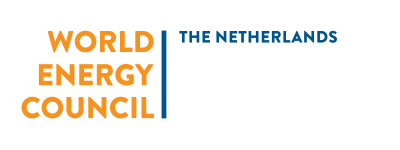Phasing out Carbon – How to decarbonise North-Western Europe’s energy mix in the run-up to 2050
World Energy Council the Netherlands is excited to launch a new study which addresses the challenges that arise around the energy system transformation required to achieve the goals set by the European Commision and the EU Green Deal. This latest report also looks at the opportunities associated with fulfilling North-West Europe’s (NWE) clear ambition to decarbonise its economy by 2050.
In 2019, the WEC already reported that North-Western Europe will have to rely fully on hydrogen if we want to achieve the European climate targets in thirty years’ time. This new report contains a detailed scenario for getting there. However, a maximum will need to be done across the board in order to achieve the targets.
It will be possible to achieve sufficient decarbonisation of the economy in North-Western Europe, while maintaining industrial production and providing safe and affordable energy. This will require a major effort to reduce gas consumption and the generation of green electricity.
The scenario contains three main pillars:
- Efficiency improvements in and further electrification of energy consumption.
Because electrical processes have less heat loss, electrification of the economy provides greater efficiency in a simple way. Saving energy should be done through transport and agriculture. The broader industry can’t actually produce much more economically. In addition, the use of gas needs to be decreased. - Further generation of green energy.
The North Sea plays a crucial role in the further transition to green energy, especially by building more wind farms the transition to green energy can be made. - Production and import of carbon-free substances for fuel and feedstock purposes.
While electricity is becoming greener, decarbonising fuels has not yet really taken off. This is partly due to the high demand from industry for feedstock and electricity. In order to meet the Paris targets, we will have to start mixing biogas and hydrogen in natural gas supply immediately. Building up a considerable quantity of hydrogen is particularly important here.
NWE is very well positioned to become a leader in the field of energy production and industrial use based on carbon-free fuels because of the combination of huge offshore wind potential and the availability of gas infrastructure on the North Sea.
